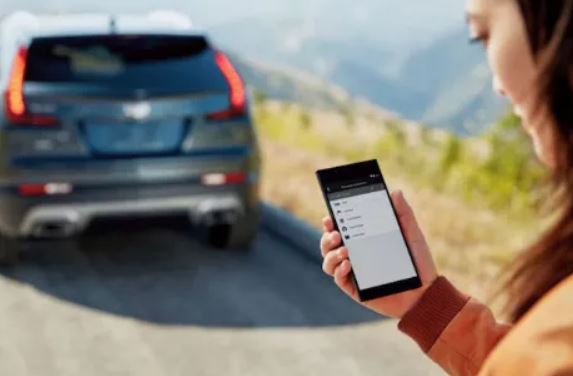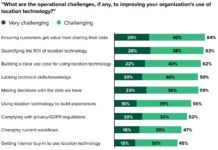Two major legal proceedings this week focus on location privacy…
The Texas Attorney General’s Office has sued GM GM 0.00%↑ over the alleged unlawful gathering and sale of location information from 1.5 million state drivers. According to the lawsuit, data from 2015 and later OnStar Smart Driver and other services was sent to insurance companies—without the consent of the drivers.
The lawsuit indicates that driving data was used by two third parties for driving score generation.
“Our investigation revealed that General Motors has engaged in egregious business practices that violated Texans’ privacy and broke the law. We will hold them accountable,” said Attorney General Ken Paxton. “Companies are using invasive technology to violate the rights of our citizens in unthinkable ways. Millions of American drivers wanted to buy a car, not a comprehensive surveillance system that unlawfully records information about every drive they take and sells their data to any company willing to pay for it.”

Paxton went further, saying “General Motors deceived many of its customers when it compelled them to enroll in its products, including OnStar Smart Driver, as part of its vehicle ‘onboarding’ process and told them that failing to enroll would result in the deactivation of their vehicle’s safety features.”
The lawsuit follows Paxton’s June 2024 announcement that opened an investigation into other car manufacturers who allegedly collected mass amounts of data about drivers directly from the vehicles and then sold the information to third parties.
For its part, and based on customer feedback, GM said in April it would discontinue Onstar Smart Driver.
Geofence Warrants Are Now Unconstitutional?
The 5th U.S. Circuit Court of Appeals last week Appeals decided that geofence warrants are prohibited by the Fourth Amendment. Geofence warrants identify suspects within a location and time.
In the decided 5th Circuit case, which involved a robbery, Google complied with a warrant to give law enforcement phone data from a certain area around a post office. The court relied on the Supreme Court’s ruling in Carpenter v. United States, which held that individuals have a reasonable expectation of privacy surrounding the geofence warrants’ location data.


























